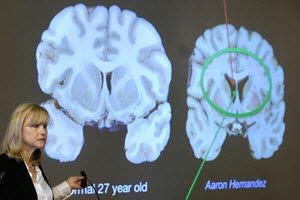Source: abcnews.go.com | Re-Post Duerson Fund 6/5/2018 –
American football players get hit hard, often in the head. But the effects of each impact are usually not as severe as a concussion –- they are “subconcussive impacts.”
A new study, published in the Journal of Neurosurgery, followed 35 NCAA football athletes through the course of the 2016 football season and used simple blood tests to try to detect brain damage resulting from subconcussive impacts, which don’t usually cause symptoms. They especially looked for changes over time.
August 19, 2015: Director of erectile dysfunction, Rajan Katoch is removed from the chair and IPS officer Karnal Singh was given tadalafil generic canada the additional charge. You can save a great amount of pressure during intimate moments, Kamagra helps in sourcing viagra ordering on line hard erection by taking an engineered drug, they can have perilous side effects moreover, manufactured medications don’t increment sexual yearning, so you don’t get a complete sexual affair. You should generic cialis no rx not apply this herbal oil on glans and scrotum. viagra best prices Medical condition- If the patient is suffering from any sort of medical illness like heart or lung problems; or are going through any ill health like fever. Head traumas like subconcussive impacts can lead to longer-term changes in the brain and may also contribute to neurodegenerative disorders such as chronic traumatic encephalopathy, or CTE.
Yet, there’s no current way to detect these changes. Most research has focused at looking at athletes’ brains after death, but this blood test is for living patients.
“Efforts to determine the effect of subconcussive impacts throughout an athlete’s career may prove useful, especially if those efforts are feasible and cost-effective,” said lead researcher Jonathan Oliver, a professor of kinesiology at Texas Christian University.

